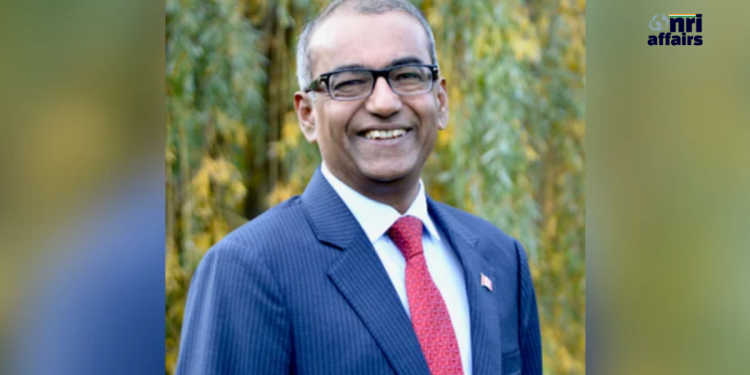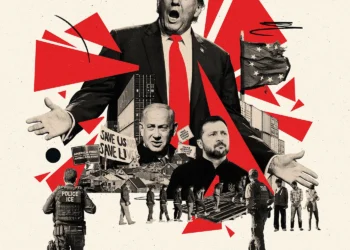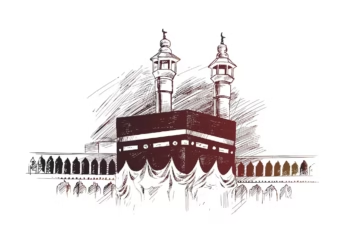In recent months, the topic of violence against Bangladeshi minorities has gained international attention, largely due to the advocacy of various political figures. Among them, a prominent Indian-origin Canadian Member of Parliament (MP) has taken a bold stance, drawing attention to the escalating issues faced by these communities. Their involvement marks a significant moment in international diplomacy and human rights advocacy, particularly concerning the often-overlooked plight of minorities in Bangladesh.
Violence Against Bangladeshi Minorities
The challenges faced by religious and ethnic minorities in Bangladesh are deeply rooted in history. While Bangladesh was established in 1971 after a brutal war of independence, its minority communities, including Hindus, Buddhists, Christians, and tribal populations, have frequently been subjected to violence, discrimination, and socio-political marginalization.
Key Incidents of Violence Over the Decades
Over the decades, several key incidents have underscored the vulnerability of these communities:
- Post-Independence Violence (1970s-1980s): Following the war, many minority groups faced retaliatory violence, with properties seized, communities displaced, and lives lost.
- 2001 National Elections: After these elections, violence against Hindu communities surged, with reports of systematic attacks aimed at driving them from their homes.
- 2021 Durga Puja Attacks: One of the most significant recent outbreaks occurred in 2021 during the Durga Puja celebrations, when religious processions were attacked, and dozens of temples were vandalized.
These events are just a few among many that highlight the ongoing risks faced by minorities in Bangladesh.
The Role of the Indian-Origin Canadian MP
This Indian-origin Canadian MP, known for their strong advocacy on human rights issues, has recently taken a stand by raising the issue of violence against Bangladeshi minorities in Canada’s Parliament. Their speech called on the Canadian government and the international community to take a firmer stance on these human rights violations. The MP’s intervention is not just a political statement but also a call to action for global powers to protect vulnerable populations in Bangladesh.
Advocacy for Minority Rights
As a vocal advocate for marginalized communities globally, the MP emphasized the need for international coalitions to pressure the Bangladeshi government to ensure the safety and rights of its minority populations. They highlighted the importance of:
- International Sanctions: Implementing sanctions against individuals and groups responsible for orchestrating violence.
- Humanitarian Aid: Increasing humanitarian aid and support for displaced minority populations within Bangladesh.
- Diplomatic Pressure: Mobilizing international bodies such as the United Nations to investigate and hold accountable those responsible for the atrocities.
The Current Situation for Bangladeshi Minorities
Despite international attention, violence and discrimination against Bangladeshi minorities continue. Reports from NGOs and human rights organizations have indicated that many minority communities live in fear of persecution. Some of the most pressing issues they face include:
- Land Grabbing: Minority-owned land is often illegally seized, leaving communities impoverished and displaced.
- Religious Persecution: Religious festivals and places of worship are frequent targets of mob violence.
- Legal Injustice: Minority communities struggle to receive justice in Bangladesh’s legal system, with perpetrators of violence rarely held accountable.
Canada’s Role in International Diplomacy and Human Rights
Canada has long been seen as a champion of human rights on the global stage. Through its various international commitments, the country has often stood at the forefront of advocating for the protection of minorities, refugees, and displaced persons. The Indian-origin MP’s recent involvement in the issue reflects Canada’s broader commitment to global human rights and may prompt further actions by the Canadian government to address these concerns.
Potential Canadian Government Actions
The MP’s call to action opens the door for several potential steps that Canada could take, including:
- Hosting Refugees: Offering asylum to those fleeing persecution in Bangladesh.
- Strengthening Diplomatic Ties: Working with Bangladesh to foster greater protections for its minorities.
- Supporting International Monitoring Efforts: Backing international human rights observers to monitor the situation on the ground.
Broader Implications for South Asia and Global Human Rights
The MP’s advocacy has broader implications, not just for Bangladesh but for South Asia as a whole. The region has long struggled with ethnic and religious tensions, and international interventions are crucial to ensuring that minority groups are protected.
Moreover, the issue underscores the need for a global response to human rights violations, particularly in regions where minority populations have historically been marginalized. By raising this issue on an international stage, the MP has helped to shine a light on a critical but often overlooked human rights crisis.
The Indian-origin Canadian MP’s decision to raise the issue of violence against Bangladeshi minorities is a powerful reminder of the ongoing struggles faced by marginalized communities in the region. As the international community grapples with how best to address these human rights abuses, it is clear that continued pressure, advocacy, and humanitarian support are essential. Through diplomatic efforts, sanctions, and global awareness, there is hope that Bangladesh’s minorities may one day live in a society free from violence and discrimination.











